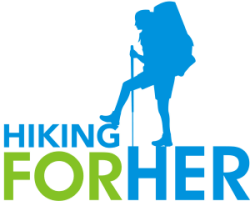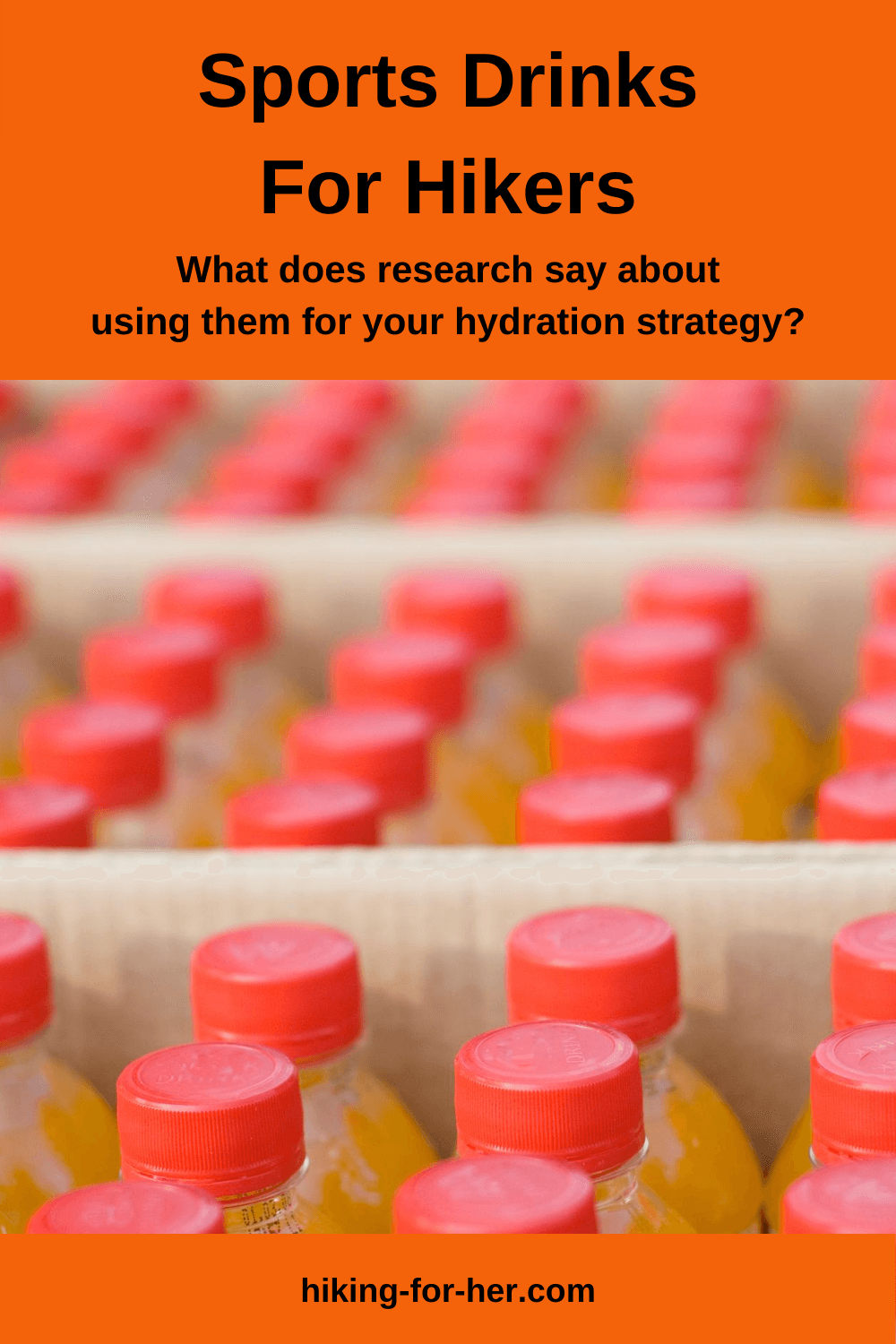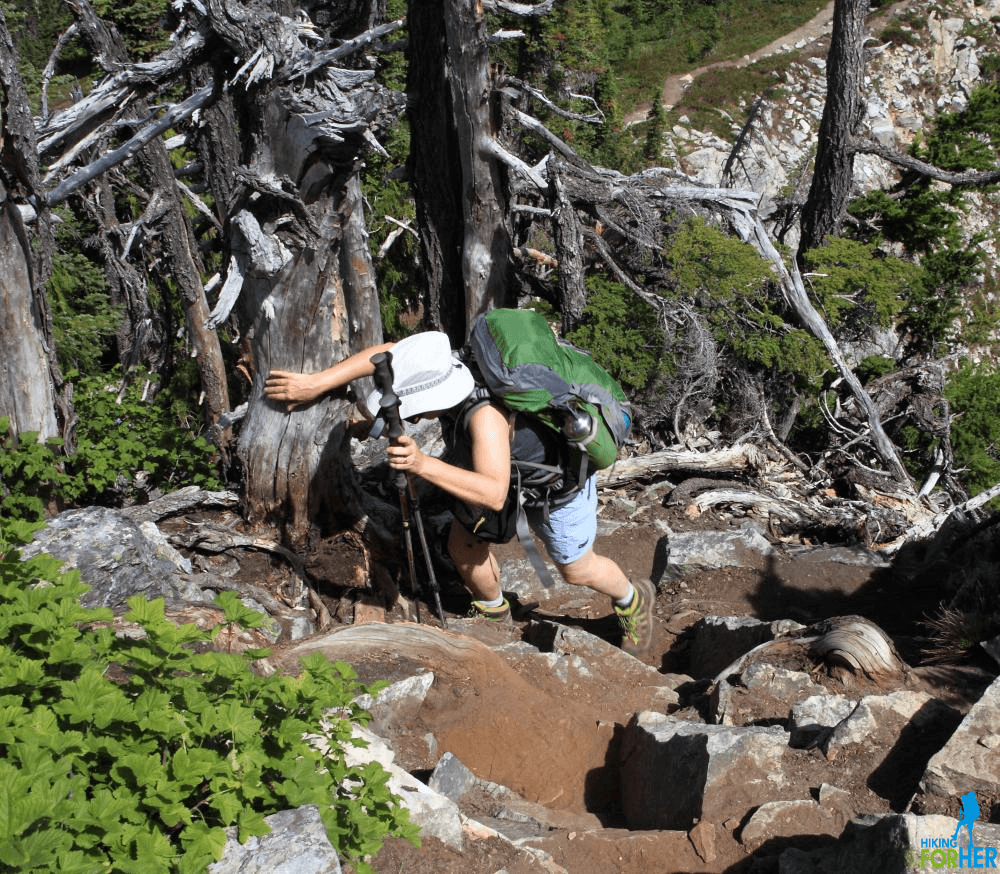Sports Drinks for Hikers:
Worth The Money?
By Diane Spicer
I've always been curious about the benefits of sports drinks for hikers.
You know the kind: brand names such as Gatorade, in shocking colors not found in Nature, but highly portable in plastic bottles.
Plain old hiking water (preferably cold) suits me just fine.
What could I possibly be missing out on?
- Flavor, for one thing.
- Nutrients.
- Better hydration levels on a long hike
- Faster recovery on multi-day hiking trips.
Or is that really true?
Let's take a hard look at
sports drinks for hikers
In my typical "gotta find out" fashion, I turned to the medical literature for answers to this question:
Do non-caffeine sports drinks have any benefits
for a hiker?
To my delight, researchers asked and answered that question!
A research article by 4 investigators, published in the 2010 7:28 Issue of the Journal of the International Society of Sports Nutrition, reported results of this study:
"Comparative effects of selected non-caffeinated rehydration sports drinks on short-term performance following moderate dehydration".
I'll summarize their conclusion for you:
You DO need more than just plain old water if you've undergone endurance exercise-induced dehydration.
And WHAT do you need?
Sodium and simple sugars, both of which are supplied by sports drinks.
But wait a minute!
Should I apply those results directly to my own life on the trail?
Do these results mean I should start preaching the gospel of sports drinks for hikers??
I'll let you read the article for yourself, but heads up!
There are a few limitations in the study that make me cautious about carrying high priced, color enhanced, sugary or salty (but convenient) sports drinks in my water bottle.
3 study limitations
you should consider
Limitation #1:
All of the subjects in the study (and there were only 8) were young, healthy male athletes. I am most definitely not a young male athlete. So I know that I have to take these results with a large grain of salt.
Second limitation
Limitation #2: These guys were not hiking.
They were put on a treadmill or stationary bike, or were running outdoors.
On 3 separate test days, they were asked to exercise for an hour at warm temperatures:
- 29 - 33 degrees Celsius, or 84 - 91 degrees Fahrenheit
- Any hiker would agree that getting dehydrated is a definite possibility in these temperatures
The design was meant to tire them out, and dehydrate them (measured by seeing how much body weight they lost from sweating).
An hour break at a lower temperature (around 71 degrees F) was given, followed by an individualized treadmill test which maxed them out (voluntary exhaustion) within 10 minutes.
At this point, they were given 60 minutes to replace fluid losses, and an individualized maximal exercise protocol was repeated.
Various
physiologic measurements were taken. (see study for details)
Why is this study design a limitation in my mind?
- This was a "challenge" study, where the hard exercise came first, then the rehydration.
- A more real life scenario would be frequent replacement of fluids on a warm day.
I don't hike for an hour, then rest for an hour, then hike for an hour, rest for an hour... my hiking pace is moderately fast and very steady, sometimes 3 to 5 hours before reaching my destination on a day hike, or longer on a multi-day trip.
The rate at which I lose body water is much different than in this study.
My surface area is different than a big guy (their average weight was around 182 pounds, or 83 kilograms), which means I may be losing more water than he does during the same time frame.
This would be especially true if I'm mouth breathing, which I tend to do when I work hard on the trail.
Third study limitation
Limitation #3:
The authors are interested in narrowing the gap between a good performance and peak performance. In other words, these results are going to be applied to competitive athletes.
Me? I'm just an average hiker. So maybe I shouldn't try to apply these results to my trail life.
Although I do love to hike in hot places! Maybe you do, too, so read on.
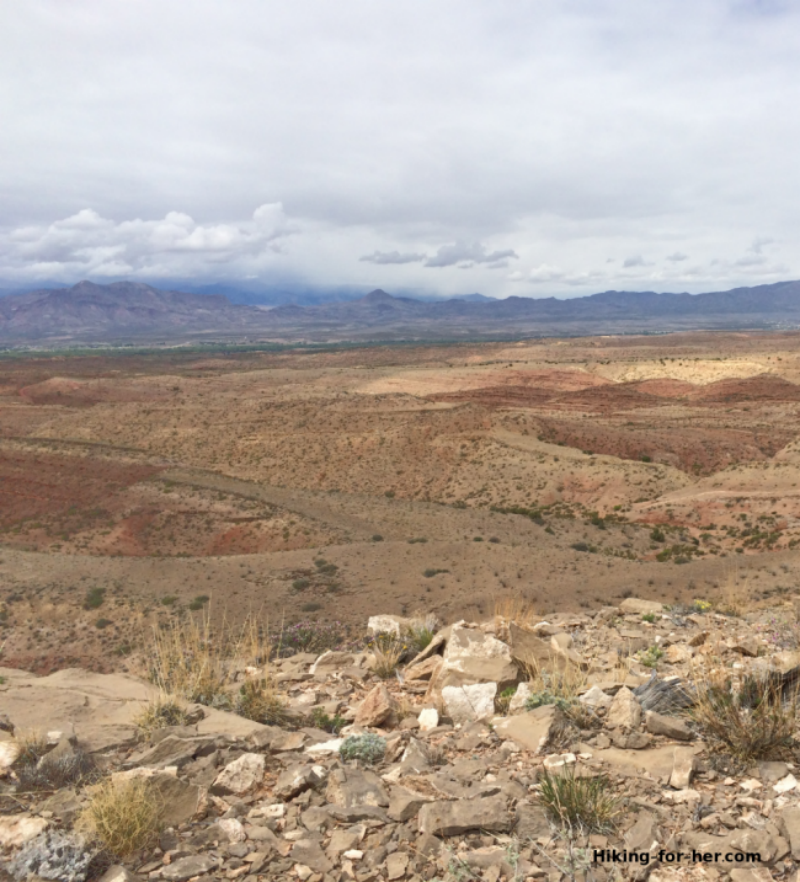 New Mexico: hot, dry, and miles and miles of adventure. But don't forget to hydrate!
New Mexico: hot, dry, and miles and miles of adventure. But don't forget to hydrate!
Should you be using
sports drinks for hikers?
Despite the limitations of the study, the results were intriguing. And they named names!
- Ingestion of Gatorade (containing simple sugars including fructose & glucose as well as sodium & potassium which are electrolytes) resulted in a 2.1% decrease in treadmill performance time.
- Rehydrate (same ingredients as those listed above, but also calcium & magnesium (minerals), amino acids, thiols and vitamins) resulted in a 7.3% increase in treadmill time relative to the dehydrated state.
Oh, and by the way... they used lemon flavored Crystal Light as a control beverage. This also decreased treadmill times!
So what do I make of this study?
Hard to say.
The 2 test beverages, Gatorade -vs- Rehydrate, contain different amounts of sugars.
It gets more complicated
To make things even muddier, Gatorade doesn't contain minerals, amino acids and other nutrients - so how can you say the Rehydrate is better because it contains more stuff?
- Maybe it's better because it had more potassium, and the rest of the ingredients didn't play into the obvious difference in performance.
Also, Rehydrate uses a glucose polymer (maltodextrin) rather than the glucose found in Gatorade.
More facts to ponder
The paper discusses why this might have given an advantage to Rehydrate. Here's the short story:
- You want to get the sugar
you swallow through the gut and into the bloodstream as fast as
possible, because the skeletal muscles need that glucose in order to
keep going.
- Glucose polymers seem to be better at delaying the onset of fatigue, keeping glycogen reserves higher, and getting through the stomach faster.
Things get tricky
down at the cellular level
Fluid balance between the outside and inside of a cell is determined by several factors.
And it's really all about keeping the cells functioning at peak levels (cellular physiology striving to maintain homeostasis in the face of constantly changing conditions, is the science -speak for that) during a long hike.
At the end of the paper, the authors declare that there are no conflicts of interest. In other words, they don't work for the companies which make Gatorade or Rehydrate.
That's good news, but they don't say where the money for the study came from.
Follow the money
That left me wondering a bit.
So I went to the Rehydrate Electrolyte Replacement Drink website and looked up the members of their Scientific & Medical Advisory Board.
I found that one of the study's authors, Sidney Stohs, sat on that board at the time the study was conducted and published.
- That gave me pause.
So I can't really draw a useful conclusion from this study for these reasons:
- The 2 test beverages were not comparable in terms of ingredients.
- The test subjects were not female. (if you're a male in those age and weight ranges, you can overlook this concern.)
- If you are hiking for peak performance, the results may apply to you but will be less useful for regular hikes that don't completely deplete you.
- One of the authors may have had a vested interest in doing this research.
So what's the conclusion about sports drinks for hikers?
My advice at the end of this data review?
Decide what to make of these results for yourself! Try each product and monitor your results on the trail.
Use your trail journal to note your energy level, stamina, motivation and mood.
Also record the temperature, terrain and mileage.
- Don't have a journal yet? Read why you're missing out.
- Use a waterproof one like this one.
A second opinion, please
Seeking another data source is always a good idea.
This time, I turned to a reputable gear co-op, REI, for their take on sports drinks for hikers.
Read what they have to say here. (Scroll down to the energy drink section)
A quick summary for you:
- The article gives a nice overview of electrolytes and why you need them.
- Explains the benefits of using an effervescent (fizzy) beverages
- Makes a distinction between pre-hike and recovery phases, and why energy drinks might be useful for average hikers
Bottom line for this
veteran hiker?
Me?
I'm sticking with plain water with electrolytes which I add myself on the trail as needed.
Sports drinks and energy beverages can contain extra ingredients that I'd rather not put into my body.
- For example, Gatorade has yellow dye #5 to give it the illusion of lemons & limes.
I couldn't find a complete list of ingredients for the Rehydrate product, which in itself is disturbing.
And sports drinks are not cheap.
- If you do a quick calculation, what are you paying for that small amount of sugar and salt?
It all comes down to personal preference, I suppose.
My body craves water while I'm hiking, and afterwards, too.
I don't want artificially flavored sugar water - but I'm open minded enough to keep looking at product reviews and scientific studies to see if sports drinks for hikers are useful.
I'll keep you posted!
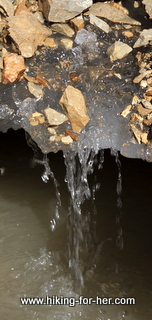 Glacier melt water: free sports drinks for hikers! (watch out for rocks)
Glacier melt water: free sports drinks for hikers! (watch out for rocks)And along with proper hydration, here are tips for hiking in hot weather.
Because even if you have to sweat, you should stay healthy, right?
Home page > Hiking Hydration >
Best Sports Drinks For Hikers
|
I get emails all the time about what I wear, eat, carry and love to use on the trail. That's
why I provide affiliate links to you: the best gear that I use myself and have seen used by other hikers is instantly
available for your consideration, and the gear company sends a few
pennies per dollar to this reader-supported hiking website. There is no added cost to you! Everyone ends up a winner: Great gear for you, strong gear companies, and more free hiking tips for everyone. Thanks very much for your support. It's warmly and sincerely appreciated. It also helps send these hiking tips to all your virtual trail buddies around the globe. |
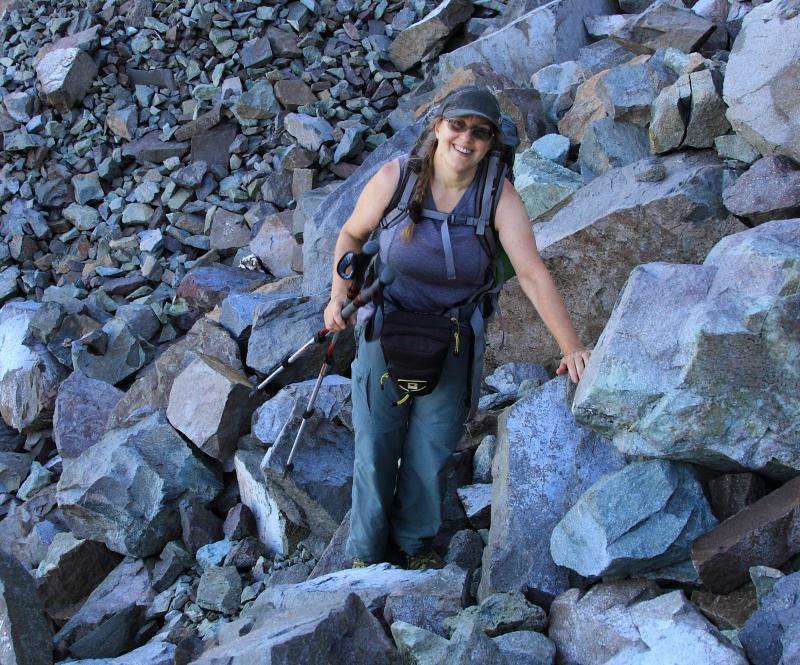 |
